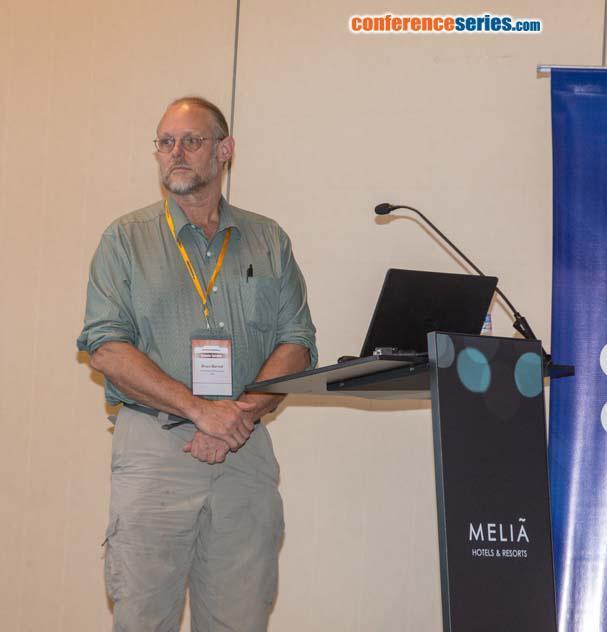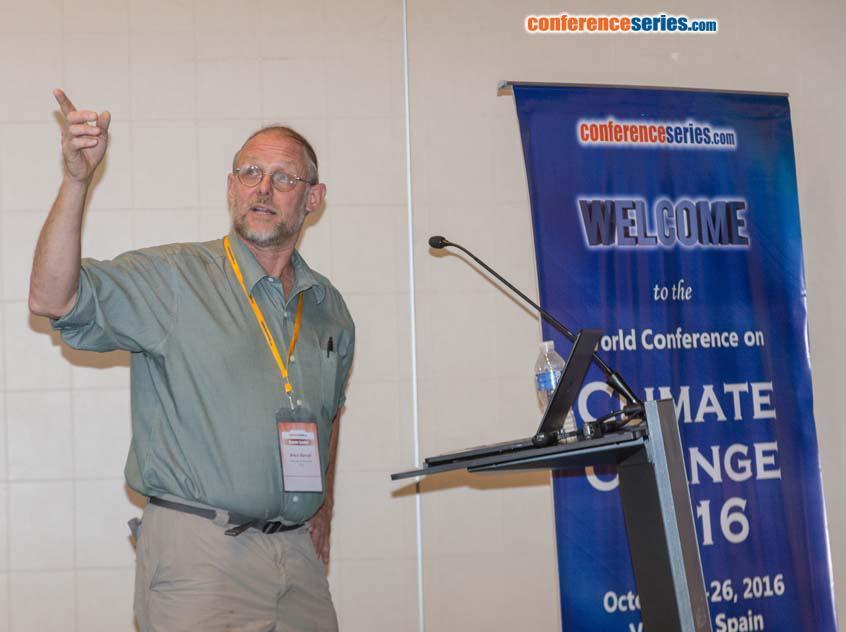
Bruce Barrett
University of Wisconsin
USA
Title: Mindfulness-based health-enhancement and carbon footprint reduction
Biography
Biography: Bruce Barrett
Abstract
Background:Greenhouse gas emissions from human activities are causing climate change. Behaviors including transportation, diet, and energy use influence societal processes that release greenhouse gas pollutants, but are also related to health and well-being. Replacing automobile driving with walking and cycling, for instance, may increase health and well-being while lowering environmental impact. Mindfulness-based practices can be effective in modifying health-related behaviors. Specific aims: (1) To pilot test a mindfulness-based behavioral program aimed at: (a) enhancement of health and well-being, and (b) reduction in carbon footprint; (2) To carryout a randomized controlled trialto assess impact on health, well-being, and carbon footprint. Approach: Our multi-disciplinary team has designed an 8-week mindfulness-based behavioral training program. The Mindful Climate Action (MCA) program aims to: (1) teach climate change core knowledge, (2) decrease household energy use, (3) reduce automobile and air transport, (4) increase active transport and physical activity, (5) modify dietary impact on carbon footprint, (6) reduce unnecessary purchasing and consumption, and (7) improve personal health and well-being. Significance: Despite known behavioral contributions towards climate change, little work has been done to understand and modify the individual-level choices and behaviors involved. Mindfulness-based trainings are rapidly proving successful for behavioral modification and health-enhancement. Behavioral training leading to increased active transport (more exercise), healthier plant-based diets, and reduced energy consumption and unnecessary purchasing could yield significant benefits in terms of both sustainability and personal health and well-being.
Speaker Presentations
Speaker PDFs
Speaker PPTs Click Here



